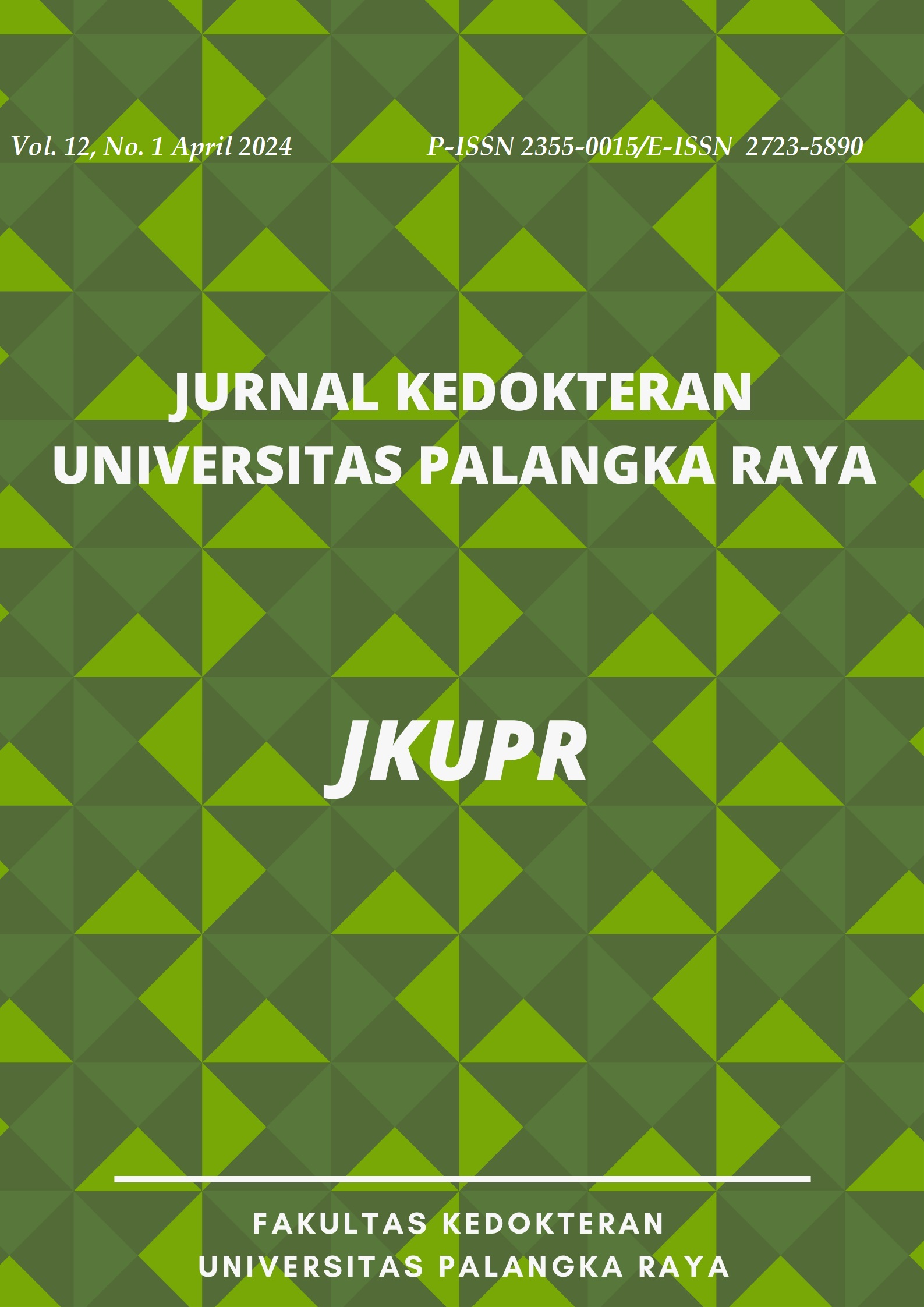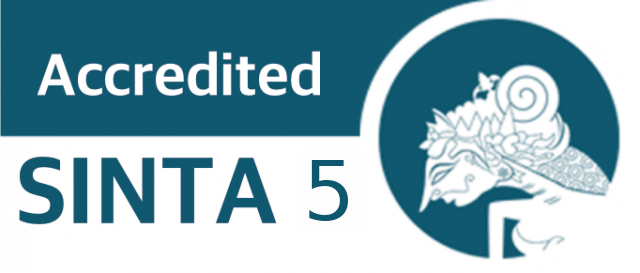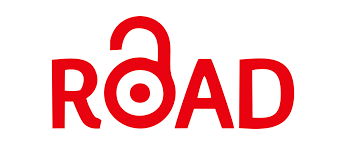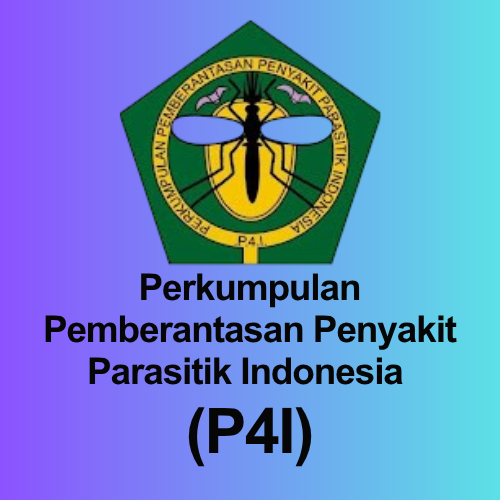Isolasi bakteri asam laktat asal feses bayi dan potensinya dalam menghambat pertumbuhan Escherichia coli
DOI:
https://doi.org/10.37304/jkupr.v12i1.12852Keywords:
baby feses, Escherichia coli, isolation, lactic acid bacteriAbstract
Lactic acid bacteria (LAB) play an important role in improving performance and mitigating disease because of their ability to maintain the physiological balance of the gastrointestinal tract and resistance to pathogenic bacteria. LAB is one of the bacteria found in the digestive tract. LAB must be isolated from their hosts to increase their efficiency as probiotic ingredients. This study aims to obtain local isolates of LAB a from baby feces through phenotypic identification and antibacterial test. The sample used in the research was the feces of babies aged 1-6 months that patients from Mataram University Hospital. Isolation was carried out by growing bacteria from feces using the Total Plate Count method on MRSA media plus CaCO3. Phenotypic characterization is morphology test, gram stain and biochemical tests. The results of bacterial isolation obtained 8 isolates of LAB. LAB produced a clear zone in the MRSA media, because these bacteria were able to secrete acid in the MRSA. The results of gram staining show that all isolates are gram positive bacteria. Based on the morphology of LAB had characteristic 6 isolates of cocci and 2 isolates of bacilli. All isolates was able to produce an inhibition zone against E. coli with 3 isolates in the moderate category and 5 isolates in the weak category. The best inhibition zone in the medium category is for cocci-shaped bacteria.The existence of LAB isolates from baby feces can be used as a reference source for further research on probiotics such as other antibacterial test
Downloads
References
Kumar R, Sood U, Gupta V, Singh M. Recent Advancements in the Development of Modern Probiotics for Restoring Human Gut Microbiome Dysbiosis. Indian J Microbiol. 2020;60(1):12–25. doi: 10.1007/s12088-019-00808-y.
Ooi, M. F., Mazlan, N., Foo, H. L., Loh, T. C., Rosfarizan, M., Rahim, R. A., et al. Effects of carbon and nitrogen sources on bacteriocin-inhibitory activity of postbiotic metabolites produced by Lactobacillus plantarum I-UL4. Malays J Microbiol. 2015;(January 2017). doi: 10.21161/mjm.13014
Waoo AA, Singh S, Pandey A, Kant G, Choure K, Amesho KTT, et al. Microbial exopolysaccharides in the biomedical and pharmaceutical industries. Heliyon. 2023;9(8):e18613. doi: 10.1016/j.heliyon. 2023.e18613
Casarotti SN, Carneiro BM, Todorov SD, Nero LA, Rahal P, Penna ALB. In vitro assessment of safety and probiotic potential characteristics of Lactobacillus strains isolated from water buffalo mozzarella cheese. Ann Microbiol. 2017;67(4):289–301. doi: 10.1007/s13213-017-1258-2
Jufri RF. Microbial Isolation. J La Lifesci. 2020;1(1):18–23.
Datta FU, Daki AN, Benu I, Detha AIR, Foeh NDFK, Ndaong NA. Uji aktivitas antimikroba bakteri asam laktat cairan rumen terhadap pertumbuhan Salmonella enteritidis, Bacillus cereus, Escherichia coli dan Staphylococcus aureus menggunakan metode difusi sumur agar. J Kaji Vet. 2019;66–85. doi: 10.35508/jkv.v0i0.1590
Kurnia M, Amir H, Handayani D. Isolasi Dan Identifikasi Bakteri Asam Laktat Dari Makanan Tradisional Suku Rejang Di Provinsi Bengkulu: “Lemea.” Alotrop. 2020;4(1):25–32. doi: 10.33369/atp. v4i1. 13705
Mastuti S. Potensi Bakteriosin pada Bakteri Asam Laktat terhadap Staphylococcus aureus dan Escherichia coli. J Ilm Kesehat Sandi Husada. 2022;11(1):25–30. doi: 10.35816/ jiskh.v11i1.650
Li H, Li L, Chi Y, Tian Q, Zhou T, Han C, et al. Development of a standardized Gram stain procedure for bacteria and inflammatory cells using an automated staining instrument. Microbiologyopen. 2020;9(9):1–10. doi: 10.1002/mbo3.1099
Manalu RT, Bahri S, Melisa, Sarah S. Isolasi dan Karakterisasi Bakteri Asam Laktat asal Feses Manusia sebagai Antibakteri Escherichia coli dan Staphylococcus aureus. Sainstech Farma. 2020;13(1):55–9. doi:
George F, Daniel C, Thomas M, Singer E, Guilbaud A, Tessier FJ, et al. Occurrence and dynamism of lactic acid bacteria in distinct ecological niches: A multifaceted functional health perspective. Front Microbiol. 2018;9(NOV):1–15. doi: 10.3389/ fmicb. 2018.02899
Mokoena MP. Lactic acid bacteria and their bacteriocins: Classification, biosynthesis and applications against uropathogens: A mini-review. Molecules. 2017;22(8). doi: 10.3390/ molecules22081255
Nofiani R, Ardiningsih P, Adhitiyawarman, Sarwiyati. Characteristics of Lactic Acid Bacteria isolated from traditional fermented fish. Biodiversitas. 2022;23(11):5662–9. doi: 10.13057/biodiv/d231116
Joni LS, Erina E, Abrar M. Total Bakteri Asam Laktat (BAL) pada Feses Rusa Sambar (Cervus unicolor) di Taman Rusa Aceh Besar (The Total of Lactic Acid Bacteria (LAB) on Feces of Sambar Deer (Cervus unicolor) in Taman Rusa Aceh Besar. J Ilm Mhs Vet. 2018;2(2):77–85. doi: 10.21157/jim% 20vet..v2i2.6782
Anindita NS. Isolasi Dan Identifikasi Fenotipik Bakteri Asam Laktat (BAL) Indigenous Asal Air Susu Ibu (ASI). J Teknol Pangan. 2022;5(1):18–23. doi: 10.14710/ jtp.2021.22289
Downloads
Published
How to Cite
Issue
Section
License
Copyright (c) 2024 Jurnal Kedokteran Universitas Palangka Raya

This work is licensed under a Creative Commons Attribution-NonCommercial-ShareAlike 4.0 International License.





















